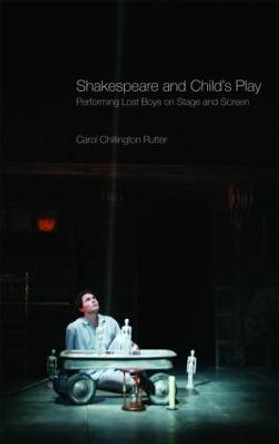Time and again, early modern plays show people at work: shoemaking, grave-digging, and professional acting are just some of the forms of labour that theatregoers could have seen depicted on stage in 1599 and 1600. Tom Rutter demonstrates how such representations were shaped by the theatre's own problematic relationship with work: actors earned their living through playing, a practice that many considered idle and illegitimate, while plays were criticised for enticing servants and apprentices from their labour. As a result, the drama of Shakespeare's time became the focal point of wider debates over what counted as work, who should have to do it, and how it should be valued. This book describes changing beliefs about work in the sixteenth century, and shows how different ways of conceptualising the work of the governing class inform Shakespeare's histories. It identifies important contrasts between plays written for the adult and child repertories.
This book examines the way work was depicted on the English stage by Shakespeare and his contemporaries.About the AuthorTom Rutter is Senior Lecturer in Renaissance Literature at Sheffield Hallam University.
Book InformationISBN 9780521884860
Author Tom RutterFormat Hardback
Page Count 216
Imprint Cambridge University PressPublisher Cambridge University Press
Weight(grams) 490g
Dimensions(mm) 235mm * 158mm * 20mm








